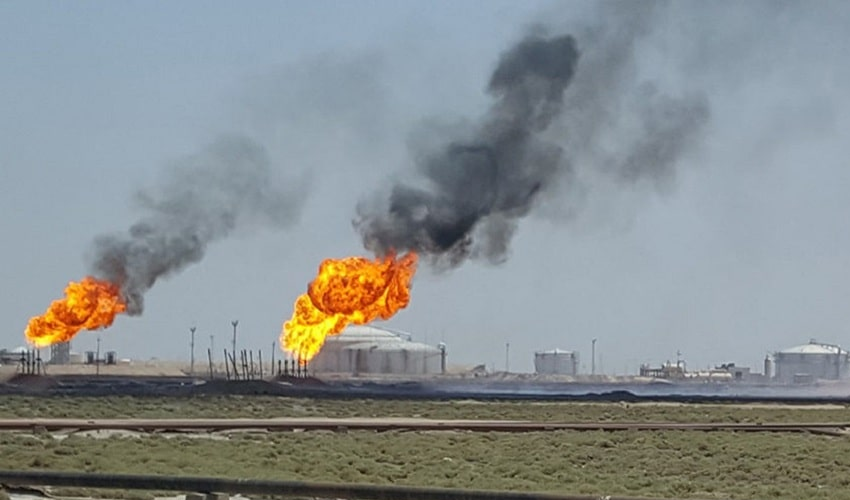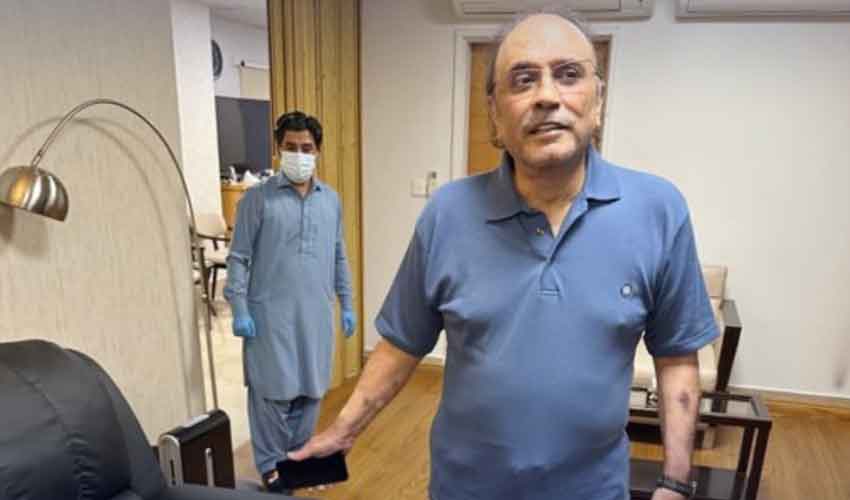Prime Minister Shehbaz Sharif has issued a call for comprehensive reforms to Pakistan's tax system, citing critical deficiencies that have led to a significant revenue shortfall.
With the country's tax collection potential estimated at Rs24 trillion, the current target of Rs9 trillion highlights systemic challenges that must be addressed urgently.
At the forefront of this initiative is the Special Investment Facilitation Council (SIFC), which has been actively advocating for reforms within the Federal Board of Revenue (FBR).
Key objectives include expanding the tax base and implementing a robust track and trace system to enhance accountability.
Despite these efforts, concerns persist over the substantial loss of double the annual revenue target due to corruption, incompetence, and negligence within the system.
The Prime Minister has emphasized the need to differentiate between legitimate and illicit funds, advocating for impartial enforcement to uphold public servant integrity.
Recent endorsements from the World Bank and the International Monetary Fund (IMF) underscore the gravity of the situation, with both institutions recommending tax system reform to alleviate Pakistan's fiscal burdens.
Tax collection, deemed essential for government operations, is seen as crucial for driving socio-economic progress.
The Prime Minister's stance on increasing tax revenue finds support from the SIFC, which stands ready to assist in government efforts to revitalize the tax regime.



























